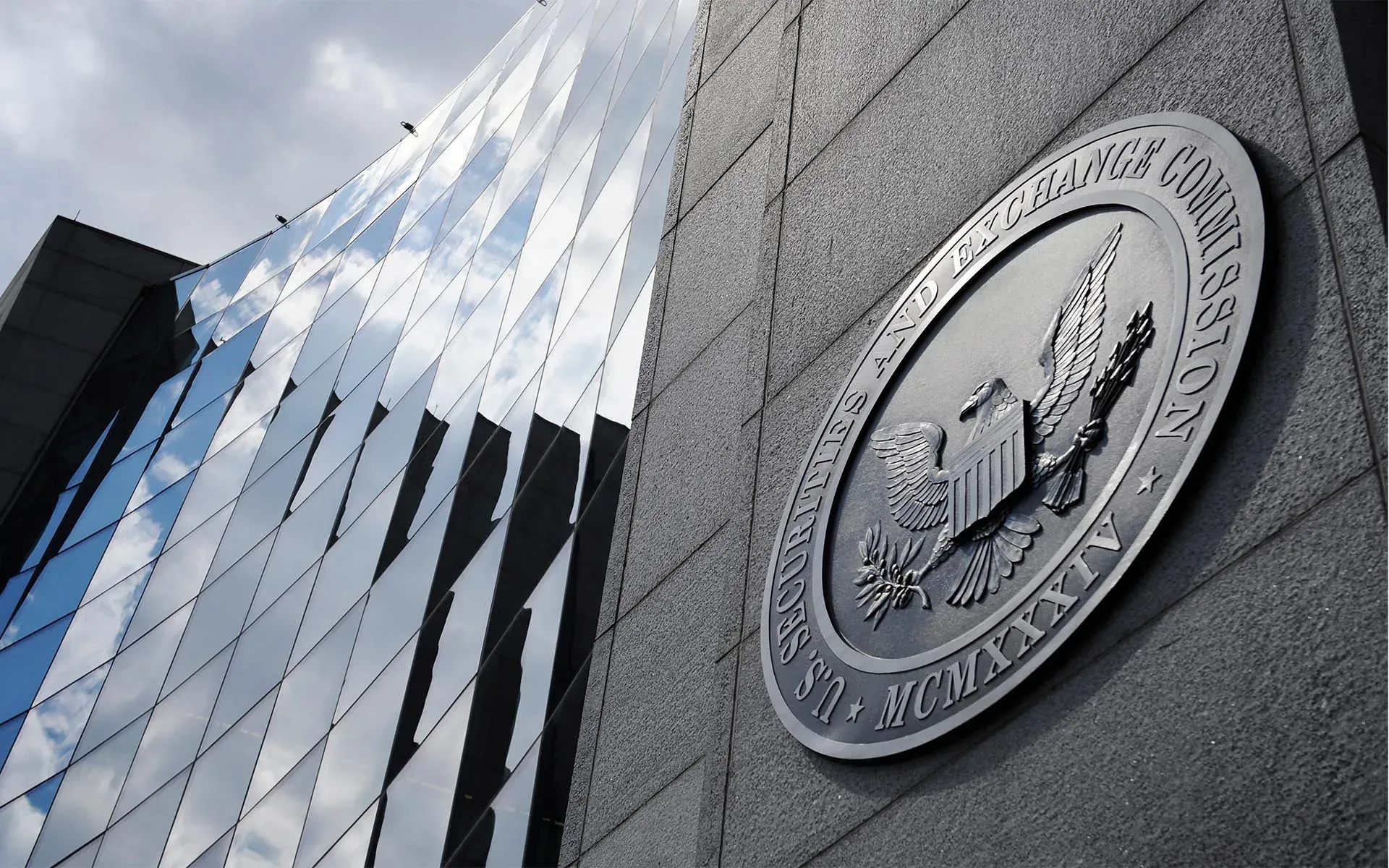Why other countries are watching UAE on crypto
From Pakistan to Japan, global regulators are taking notes on the Emirates’ flexible and forward-looking model

The UAE is quickly becoming a magnet for crypto talent and experimentation, supported by flexible regulation and ambitious infrastructure.
That progress was on full display during the Crypto Rulebook: Global Best Practices and Regulatory Measures panel at the HODL Summit in Dubai, where Saqr Ereiqat of Dubai Digital Asset Association moderated a discussion between leading voices in blockchain, cybersecurity, and policy.
UAE’s bottom-up crypto regulation
Dyma Budorin, founder of cybersecurity firm Hacken, contrasted the UAE’s strategy with more rigid systems abroad. “European Union decided to go from top to bottom, while UAE decided we want to align everybody with a strategic vision, and then to adopt from bottom to top,” he said.
While many countries are still wrestling with how to regulate crypto, the UAE has adopted a framework that emphasizes adaptability and encourages innovation, supported by its multi-jurisdictional regulatory structure.
Belal Jassoma of the Dubai Multi Commodities Centre (DMCC) addressed concerns about the country’s multiple regulators: “While a lot of people see these multiple jurisdictions within the UAE as a negative thing, in fact, it's actually competitive diversity. Our clients here are actually spoilt for choice.”
This structure may seem fragmented from the outside, but within the ecosystem, it encourages competition among regulators and faster adaptation to emerging technologies. That’s only possible, Jassoma noted, because of the country’s consistent governance: “The UAE has a very politically stable environment, and that has a very positive impact on the regulatory stability as well.”
UAE vs Europe: crypto regulation and results
Erwin Voloder, Head of Policy at the European Blockchain Association highlighted how the European Union’s slow, layered regulatory process stands in contrast to the UAE’s responsiveness. “In Europe, where regulation is proposed, there's public consultations. It has to go through political trialogs in the Parliament. It has to go through technical trialogs... implementing and delegated acts,” he said.
Voloder added that “Europe doesn't have a common language. The lingua franca is regulation,” underscoring how the region’s reliance on legal harmonization often leads to slower, more bureaucratic processes.
He also cited the Draghi report – a European Commission-commissioned review led by former ECB President Mario Draghi – calling it “a sobering post mortem of where Europe's competitiveness sits currently, vis a vis this region, the United States and China.”
In contrast, the UAE is moving quickly – and attracting capital and talent in the process. The country saw an inflow of 6,500 high-net-worth individuals last year, with 8,500 more expected in 2025, according to Jassoma. But more than wealth, the UAE is drawing builders who want to experiment and scale new technologies.
Crypto adoption in government and trade
That pro-innovation mindset is now showing up in policy. Dubai’s Department of Finance recently partnered with Crypto.com to allow citizens to pay for government services using cryptocurrency. And in another milestone, the UAE and China carried out their first cross-border oil trade using a UAE-backed digital currency.
These projects suggest the UAE is exploring ways to embed digital assets into public and commercial systems.
Samir Safar-Aly, a regulatory expert, credited this momentum to the country’s openness. “We have regulators that listen, that are forward-thinking, not shy to test the boundaries,” he said. From tokenized real-world assets to decentralized autonomous organizations (DAOs), few ideas are off the table.
Quoting Sheikh Mohammed bin Rashid Al Maktoum, Safar-Aly added, “If you're not number one, you're nothing.”
Global regulation: Contrasts and common ground

The U.S. SEC’s broad application of the Howey Test has drawn criticism for stifling crypto innovation. Photo: Reuters
In the U.S., regulation remains a major sticking point. Samir Safar-Aly criticized the SEC’s broad application of the Howey Test – the decades-old standard for determining whether an asset is a security.
“It’s such a low threshold. It’s really stifling innovation,” he said, pointing to the uncertainty it creates for crypto builders.
But Voloder cautioned against underestimating U.S. influence. “Eighty percent of the top 100 companies by virtue of equity in the world are U.S. companies. It's still a very outsized influence,” he said, suggesting that market dominance can often compensate for slower policymaking.
Japan, by contrast, was praised as a rare example of collaborative oversight. “The Crypto Association in Japan is regarded by the Japanese FSA as a self-regulatory organization,” said Safar-Aly.
Closer to home, Saudi Arabia and Qatar are taking more cautious approaches. Saudi regulators are exploring tokenized securities, while Qatar has focused on digital asset infrastructure without embracing crypto directly.
Other emerging markets like Nigeria and Pakistan, once resistant, are now rolling out crypto frameworks – in some cases inspired by the UAE.
UAE’s long-term crypto vision
Despite the pace of change, moderator Ereiqat reminded the audience just how early it still is. Quoting the UAE's Minister of Cabinet, His Excellency Mohammad bin Abdullah Al Gergawi, he said: “When we think about human history with technology, then we're probably just in the first minute of the first hour of the first day of the first month of the first year.”
That long-term perspective helps explain the UAE’s approach – one that emphasizes rapid execution without losing sight of evolving complexity.
As Jassoma summed up, “It’s not just about regulatory attractiveness, but also all the other things” that make the UAE a compelling place to build.
By prioritizing agility and engagement over rigidity, the UAE is emerging as a serious contender in global crypto regulation – and one that other regions are increasingly watching.



